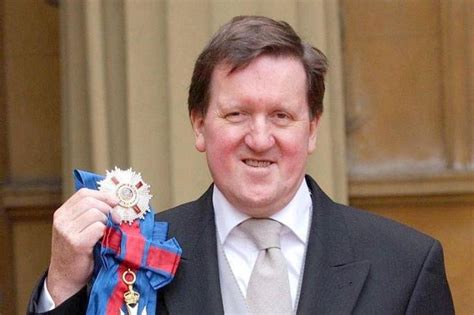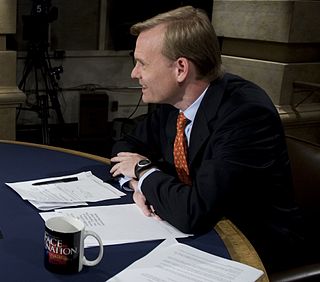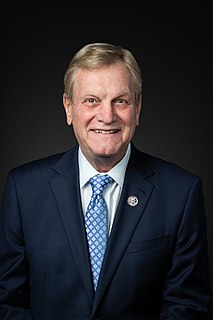A Quote by Elissa Slotkin
When I was negotiating with our foreign allies, I knew I had to do so in good faith, or trust would be broken - and those allies wouldn't be there when we really needed them.
Related Quotes
No one would argue that it's in the United States' interest to have independent knowledge of the plans and intentions of foreign countries. But we need to think about where to draw the line on these kind of operations so we're not always attacking our allies, the people we trust, the people we need to rely on, and to have them in turn rely on us.































